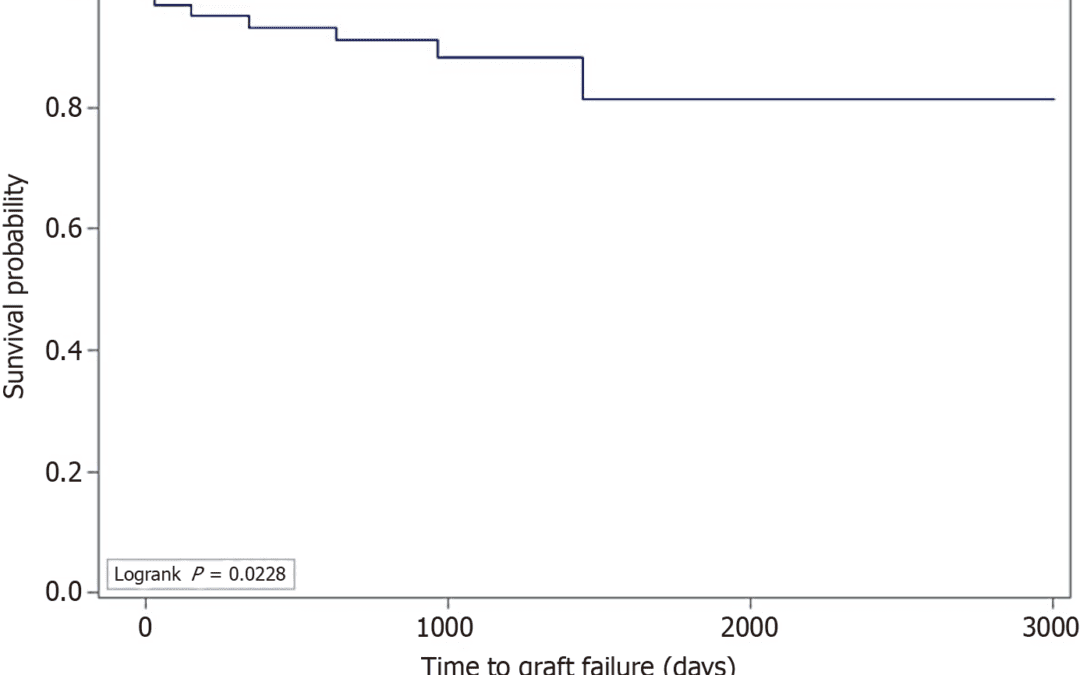Pumping a donor kidney with the LifePort Kidney Transporter preserves and protects the organ in a number of ways before it is transplanted. One of the most important features is the use of gentle, pulsatile pressure waves to ensure that cold preservation solution is circulated through the entire vasculature of the kidney in a way that counteracts the potentially damaging effects of ex vivo cold preservation.
In a kidney under normal physiological conditions at 37°C, the strong, sinusoidal pulse wave generated by the heart is dampened by the elasticity of the arteries, which leads to a weaker pulse wave passing through the microvasculature of the kidney.1 Because this dampening effect is greatly reduced in a hypothermic kidney, LifePort generates a gentle sinusoidal pulse wave to keep the pressure in the microvasculature the same as that found under normal physiological conditions. In addition, LifePort uses a microprocessor-controlled infusion pump to dynamically adjust the pressure wave to respond to decreases in renal resistance.
This unique design of the LifePort allows it to achieve the benefits of machine perfusion with lower pressures, thereby limiting the risk to the microvasculature of the kidney.
1. Baumann M, et al. Pulsatile stress correlates with (micro-) albuminuria in renal transplant recipients. Transpl Int 2009;23:292–298.
The Latest




